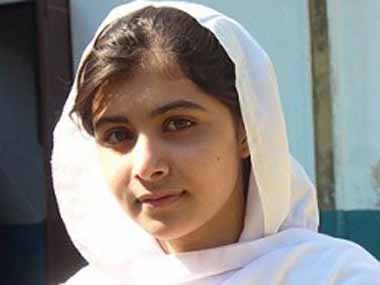Dave Woodhall, on why the Nobel Committee made the right decision.
I’m glad Malala Yousafzai didn’t win the Nobel Peace Prize. There, I’ve said it. I know it’s like criticising the memory of Princess Diana, but it’s my opinion and I’m sticking to it.
She’s a brave, courageous, noble young lady. I’m incredibly proud both that she’s made her home in my city and that we’ve taken her to our collective heart. She is, as she said at the opening of the Library of Birmingham, a “fellow Brummie.” But I don’t think she wants, or needs, an honour that has now become more a political statement than a mark of achievement.
Malala wants to help more children to have access to education. That’s a noble aim, and she is the one young woman in the world at the moment best placed to help achieve it. People will listen to her; they respect her. She is already an inspirational figure to a generation, and so she deserves to be.
However, what we don’t want is Malala fatigue. The British have a trait of building people up to knock them down and that shouldn’t be allowed to happen in this case. We don’t need Malala’s message of hope to be diluted by over-exposure. Above all, we should remember that she’s still only 16. Let her enjoy as normal a life as any other 16 year old girl growing up in Birmingham. Let her listen to vacuous boy bands if that’s what she wants. Let her waste her pocket money on X Factor votes and phone credits. Let her, for a short while, be as normal as it’s possible to be when you’re already one of the most famous schoolgirls on earth, with a reported two month waiting list for media interviews.
Then, when she believes the time is ready, let her continue with her crusade. Should that be in politics, the media or working for aid agencies or the United Nations, the choice should be up to Malala, in a time and a place of her own choosing. Right now, an amazing teenager does not need the additional responsibility that comes with one of the most high-profile awards in the world.
